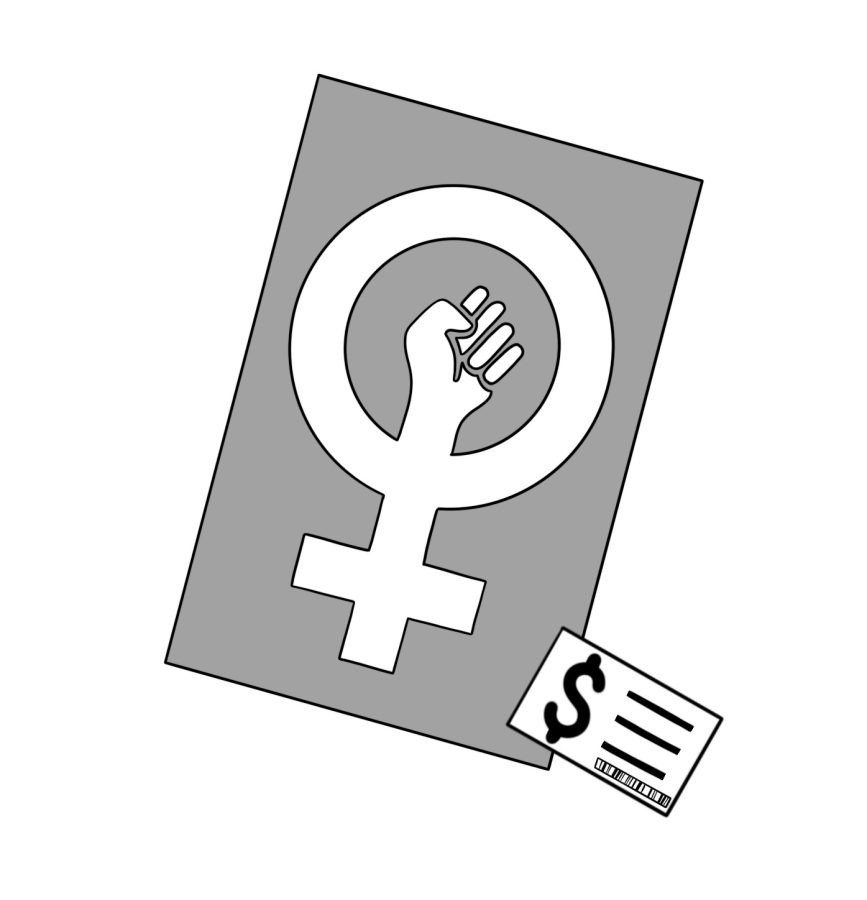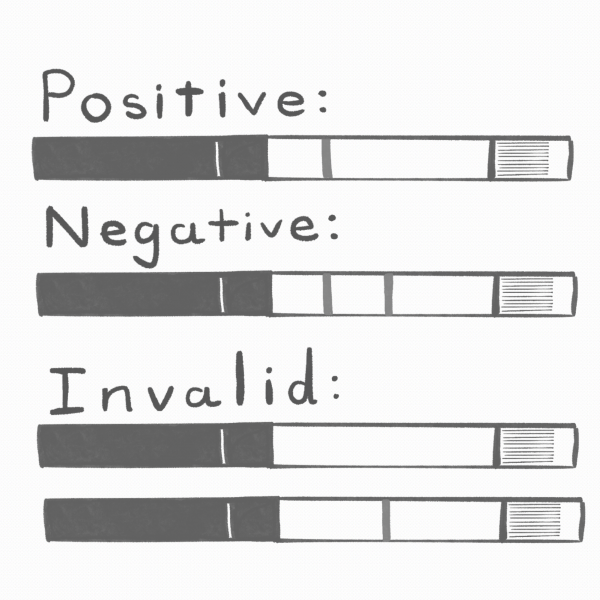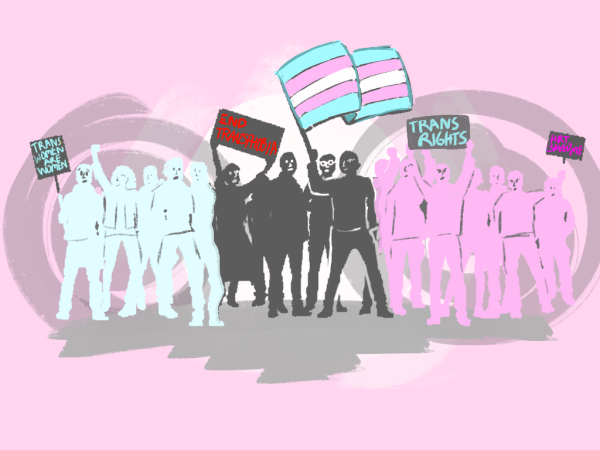Commodifying Women’s History Month
False, empty promises of female empowerment now available in stores near you
Despite its importance, the purpose of Women’s History Month often gets lost in translation by the commodification of themed or limited-edition products that falsely empower women. Modern companies have commodified the historic achievements of women like Susan B. Anthony, Sojourner Truth, Rosa Parks, Ruth Bader Ginsburg and so many other women that spent their lives empowering future generations. Given how recent women’s history has unfolded, namely with the overruling of Roe v. Wade, recognizing the significance behind Women’s History Month and seeing through false corporate advertising has become especially pertinent.
The month-long celebration reflects the impact that American women have on our modern society, but companies ultimately turn this month of recognition into a marketing scheme. Riding the wave of fourth-wave feminism, which focuses on intersectionality and empowering women, companies promote products that supposedly support a woman’s potential as a catalyst for change.
Yet, these companies often simultaneously perpetuate a culture of commodification that benefits from degrading women by prioritizing the value of products they consume rather than the value of the women, but who contribute to society. Some industries, such as the beauty industry, claim their products empower women, but they are still making a profit for profit’s sake and capitalizing on our consumption habits for their benefit.
For the third year in a row, Hershey released a limited-edition version of its chocolate bar called SHE Bars. The marketing is simple: the “she” in the wrapper lettering is emphasized in different colors to “[remind] us … to honor the women and girls who inspire us every day,” according to brand manager Katie DeCapria. How sweet.
The messaging is meant to be inspirational and uplifting, but a limited-edition chocolate bar isn’t going to empower a girl to see she can change the world. From personal experience, the best way to inspire and empower young women is to show them people to identify with and aspire to be like. There are numerous marketing campaigns from companies that have successfully implemented initiatives like this, such as Barbie’s Inspiring Women series of dolls that show young children that they can be anything they want.
When comparing Hershey’s efforts to other companies, their marketing strategy seems almost apathetic. As part of the SHE Bar’s marketing this year and perhaps to pick up the slack, Hershey partnered with Girls on the Run, a nonprofit organization that seeks to strengthen girls’ skills to better navigate life experiences. This much sounds promising. Hershey’s partnership with them makes their marketing look convincingly genuine as if they really do support opportunities for women.
However, it’s well worth noting that the board of the Hershey Company is predominantly composed of white men, though the current president and CEO is a woman. This likely contributes to how they market their products and showcases how systemic restraints still impact opportunities that women receive in corporate settings. Is Hershey’s partnership with Girls on the Run anything but performative, especially given their past controversies with the usage of slave labor?
This type of performative activism is shameful, but its shortcomings hit even harder given how the lack of access to reproductive healthcare — thanks to the overturning of Roe v. Wade — will continue to affect the opportunities that women receive. The celebration of women’s accomplishments and empowerment feels different when we realize that we’ve backtracked to an era where women can’t make decisions about their own bodies.
Companies like Hershey disregard this new reality and don’t provide equitable opportunities for women to empower themselves. Companies love to put themselves on pedestals of social justice when it is relevant for their profit margins, but when their target audience is truly affected by the issues and systems that debase them, they cannot promote real change through simple marketing tools.
There is room for women everywhere, in all industries and in all companies. Making space for us and giving us the tools and connections we need to overcome systemic obstacles is what’s going to inspire change. Women’s History Month symbolizes more than just limited edition wrappers with uplifting adjectives — it reminds us of the past and calls for a better future. Attaining that future requires true change in how we empower the people we celebrate. Commodifying the historic efforts to improve the lives of American women diminishes the importance of how far we’ve come, and how far we have left to go.

My name is Ava Peinhardt (she/her), and I'm the Opinions Editor for the Trinitonian. I'm a senior from Plano, TX majoring in Environmental Studies with...






